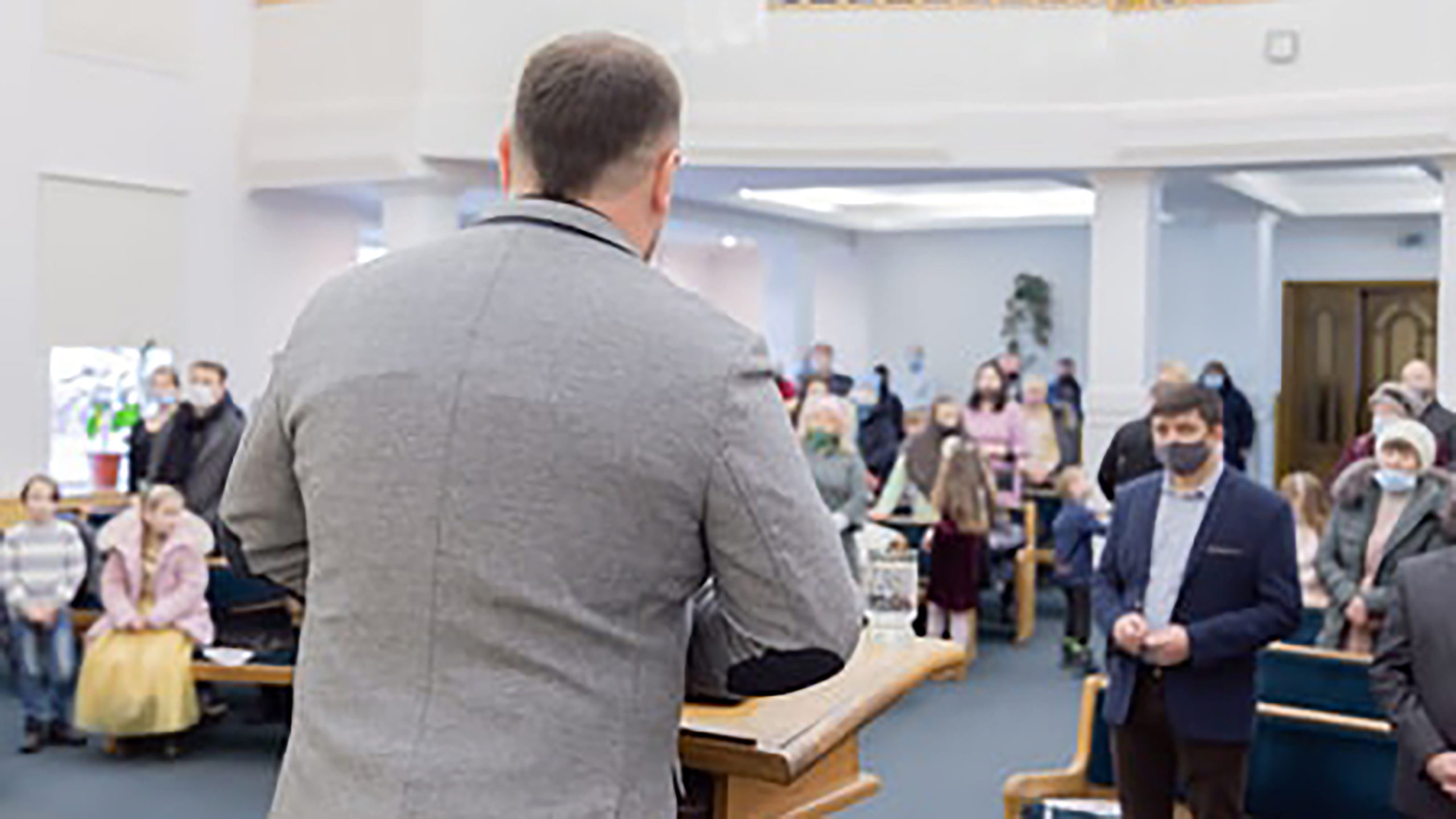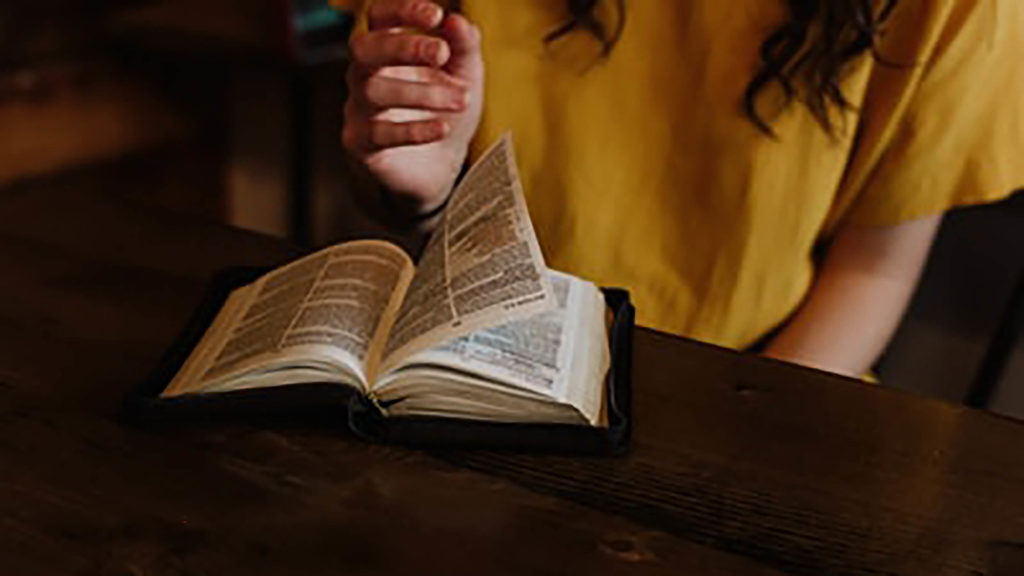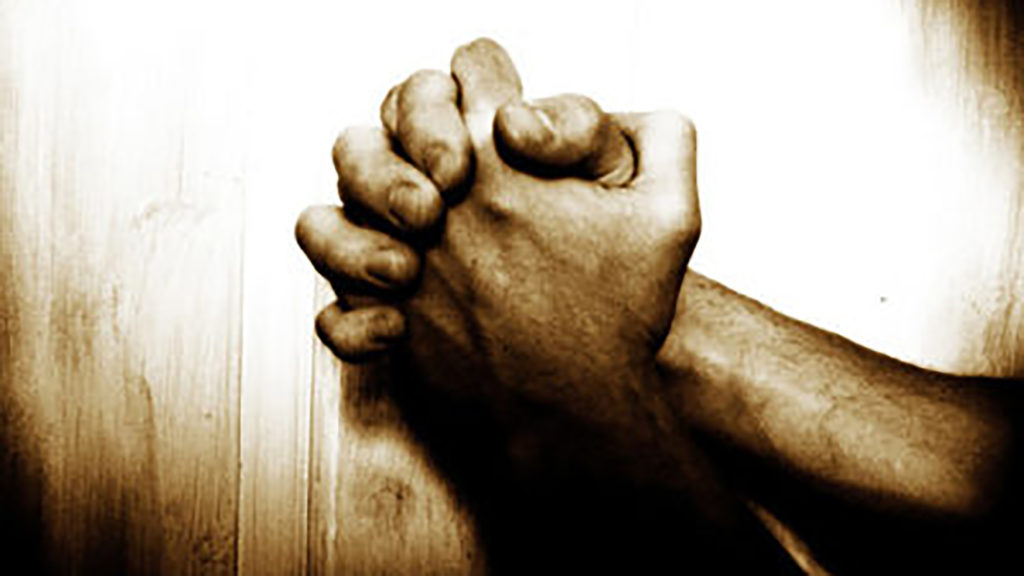The last eighteen months or so have been difficult for pastors. Already stretched with the day-to-day concerns of running a congregation at a time when organized religion is on the decline, they’ve increasingly found that the divides facing the nation have made their way inside the walls of the church.
Clergy also felt a sense of isolation, cut off from contact with their congregations and unable to do the kind of in-person ministry that drew them to the pastorate. Instead of preaching and visiting the sick, they had to become video producers and online content creators.
Chuck DeGroat, professor of counseling and Christian spirituality at Western Theological Seminary in Holland, Michigan, said pastors have long had to mediate disputes over theology or church practice but they now face added stresses from the pandemic and polarization, with people willing to leave their churches over mask policies or discussions of race.
“I’m hearing from pastors that they just don’t know what to do,” he said.
A recent survey of Protestant pastors by the research firm Barna Group found that 29% said they had given “real, serious consideration to quitting being in full-time ministry within the last year.”
David Kinnaman, president of Barna, said the past year has been a “crucible” for pastors. Churches have become fragmented by political and social divides. They have also become frayed, as “people’s connectedness to local congregations is waning.
“The pandemic was a great revealer of the challenges churches face,” said Kinnaman.
For Brandon Cox, serving as a pastor had been a joy until last year.
In 2011, Cox and his wife, Angie, had started a new church in Bentonville, Arkansas, called Grace Hills. Cox described Grace Hills as a “Celebrate Recovery”-style congregation, inspired by the support group ministry founded at Saddleback Church in Southern California, where Cox had once worked.
“Up until 2020, we had a fantastic time,” Cox, 46, told Religion News Service in a phone interview.
The trifecta of the COVID-19 pandemic, the 2020 election and the racial reckoning in response to the death of George Floyd hit like a “wrecking ball.”
Grace Hills shut down in-person worship at the beginning of the pandemic, which prompted people to leave. More left when the church reopened and required masks. When Cox and a Black pastor preached a Sunday sermon together after Floyd’s death and said that yes, Black lives matter, that caused more turmoil. No matter what Cox did, someone was angry.
“It was sort of relentless,” said Cox, who stepped down as pastor at Grace Hill at the end of April. “My wife and I just found ourselves in the place of exhaustion.”
Cox talked to RNS nine days after his last Sunday as a pastor and said he hasn’t given up on Christianity — he hopes to find a new church to attend in the coming months — but pastoral ministry is no longer for him.
Leaving the ministry has challenges. After 24 years in vocational ministry, Cox felt he didn’t have many career options. For now, he plans to work for a local real estate company.
“I kept telling people, ‘You’d be amazed how many jobs you’re not qualified for,'” said Cox.






Share with others: